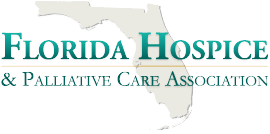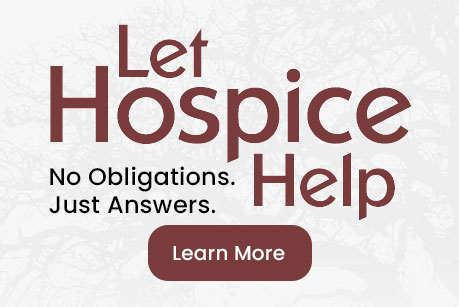How Do We Care For Caregivers?
Being the primary caregiver for a loved one can be a rich, rewarding experience. It can also be hugely challenging and draining. While providing 24-hour care to individuals who cannot care for their own basic needs – eating, drinking, using the bathroom and bathing – is more than a full-time job, it is one that more and more Americans are being called upon to take on. Articles recently published in The Journal of the American Medical Association explore the challenges of caregiving. In “Caregiver Burden,” Ronald Adelman, MD, and others note that there are times that caregivers themselves can become an “invisible patient,” lost in the shuffle of care for the chronically ill person being cared for.
Being on call for another person all day and night often leaves little space in the caregiver’s life to provide for his or her own basic needs. “Over time, this can have negative effects on the caregiver: socially, psychologically, and physically.” Though caregivers are frequently overlooked in the care process, momentum has been building in recent years in the community of doctors, social workers, and others, to practice greater awareness of and care for those who are the primary caregivers for their loved ones.
One challenge to this process is the fact that caregiver stress can be a difficult subject to talk about. Precisely because they are caring for a seriously ill loved one, many will prefer not to talk about their own needs. In order to break through this barrier, clinicians and others can help by asking simple questions, such as “How would you describe your quality of life?” or Who gives you help when you need it?”
If the answers to these questions give cause for concern, JAMA provides recommendations for resources that can be useful in caring for caregivers who are struggling under the stress. Resources include links to the CDC, AARP, Caregiver Action Network, and Family Caregiver Alliance. Joanne Lynn, MD, writes about “Strategies to Ease the Burden of Family Caregivers.” Lynn says, “Federal policy has been inattentive to family caregiving,” and she backs up her assertion with clear examples. She notes the work of the VA and the progress it has made in supporting family caregivers.
JAMA also published a piece by Marjorie S. Rosenthal, MD, MPH, who writes about her own personal experience as a caregiver, and issues a call for physicians to practice caregiver-centered care. In her role as a pediatrician, she reflects on the fact that she has often failed to take caregiver needs into consideration when prescribing medication, for example. “When I was a pediatric resident, I barely paid attention to someone’s life outside the office. I prescribed a medication four times a day for a toddler without checking if there was one that could be given twice a day. I gave what I thought was the most highly effective medicine without regard for how difficult it might be to take.”
Over time, Rosenthal has learned to be more aware of the practical needs of her patients and their caregivers, not simply the cut-and-dried medical situation. “I am better now at considering the whole family,” she reflects. Yet, even now, she acknowledges that she struggles to take the full implications of care into account when making medical determinations. She issues an appeal to her fellow physicians, to join her in this work of considering the needs of family and caregivers in all of their clinical decisions. “As we, as a society, dedicate resources to solving [medical mysteries]… I hope we are dedicating resources to assessing how best to help caregivers get the support they need – both social support and within a medical system that considers their high-risk occupation.”

